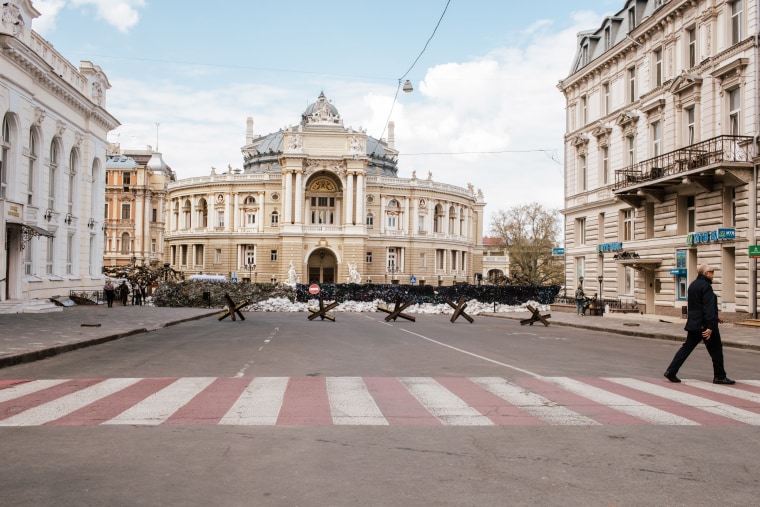ODESA, Ukraine — Only tense-looking soldiers were allowed to leave their homes in Odesa on Monday, with the silence on the streets almost audible in this city known for its vibrancy.
The first week of May typically brings tourists, barbecues and blooming flowers to Odesa, an international jewel of culture and commerce on the Black Sea. This year, however, it brought a daylong curfew as authorities feared the potential presence of Russian agents aimed at discord and destruction.
Monday marks the anniversary of a deadly clash between pro-Russian and pro-European activists in the city in 2014 that killed 48 people and injured dozens more. This year, facing a war as well as the memory of a tragic incident often mentioned by Moscow, many worried they would have to fend off Kremlin-backed saboteurs and Russian rockets — rather than insistent tourists.
Many believed Odesa, a key city in Ukraine’s southwest, would be a target for Russian President Vladimir Putin’s invasion. While Russian forces have failed to pose a real threat, city leaders are nonetheless wary.
Odesa Mayor Genadiy Trukhanov, sporting a navy blue track jacket and New Balance sneakers on Sunday, declined to share any specific information about the threat of saboteurs, but he said the curfew was necessary “to fully control the city” and “hamper the activities of any saboteur-reconnaissance groups.”
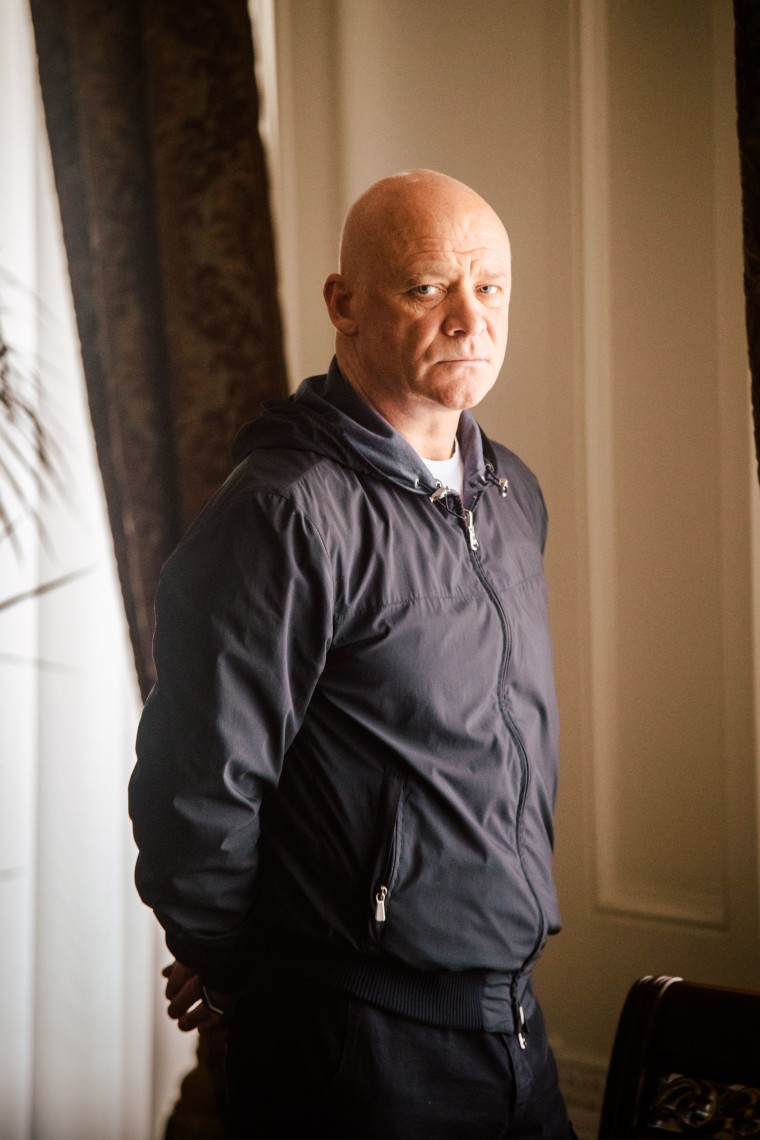
“We do understand that during the wartime, the Russian Federation may deploy their special agents and saboteur-reconnaissance groups, and presumably there are already such people here, who were recruited by Russia — we cannot deny such possibility,” Trukhanov said from inside his grand Odesa office that boasted crystal chandeliers, a plaque containing St. Michael’s prayer and a large wall-hanging of the port city’s symbol, an anchor.
“All such actions are likely coordinated, hence we will monitor and investigate.”
NBC News observed that security had tightened throughout the city. The announced arrests of alleged Russian proxies, a missile strike on a key bridge nearby and the loud explosion of what Ukraine’s military said was a Russian drone shot down by defense forces appeared to show authorities had reason for concern.
Another missile strike reportedly hit a military airfield Monday evening. While NBC News heard the explosion, it has not verified the location.
This comes days after a missile strike on Odesa’s airport and the recent arrests of others accused of planning civil unrest in the city. It’s also only been one week since an attack on an apartment building killed eight people, including a mother and her newborn.
Odesa’s blurry identity, appearing to be stuck at times between Moscow and Kyiv, has long served as a painful point of contention, experts said.
Vladislav Davidzon, a fellow at the Atlantic Council and author of “From Odesa With Love,” said the Bohemian city with a large Russian-speaking population was key to Putin’s hope to rebuild the Russian empire.
“They’d made a decision to destroy Mariupol, but they really want Odesa in one piece because it’s really important to them psychologically,” Davidzon said in a hotel bar the night before he and his Odesan father-in-law left Ukraine. “It’s a big piece of their narrative and a jewel in their crown.”
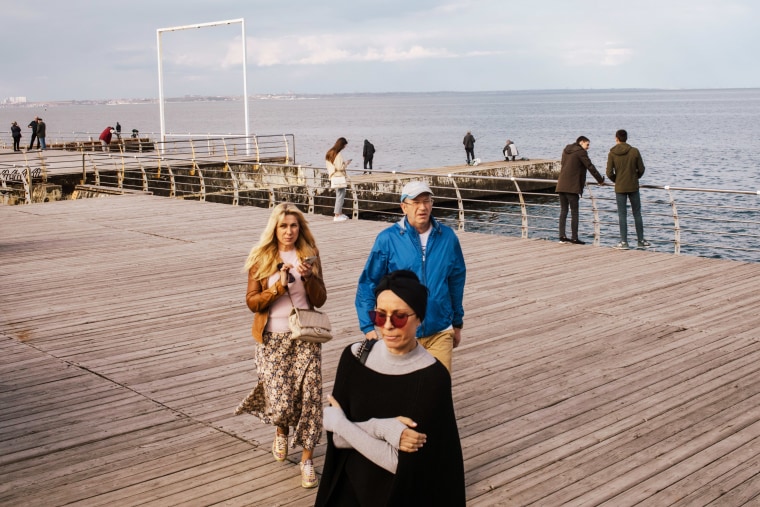
The immediate threat of a Russian naval landing seems to have passed, with Moscow’s forces unable to advance toward the city on the ground and its Black Sea fleet hit by the sinking of its flagship last month.
But while many here celebrated the sinking of the Moskva and said it made them feel able to take a breath, the Russian military’s stated intention of sweeping across Ukraine’s south to Moldova, where Russian proxies are growing tensions in Transnistria, has brought back a familiar anxiety.
That slate of conditions caused some residents to see Monday as a day that could lead to a deluge of attacks. Those who could, left the city for their dachas in surrounding villages just in case.
“It definitely makes military sense to have a coordinated attack using both the rockets and perhaps the saboteur groups that could be operating in the city to cause provocation,”
Trukhanov said Sunday. “That’s why the city is bracing for a hybrid attack.”
For some time, residents have been on high alert for some kind of unrest Monday. While there have been arrests of Russian instigators in the past, the war and the words of Putin himself have added additional pain to the open wound.
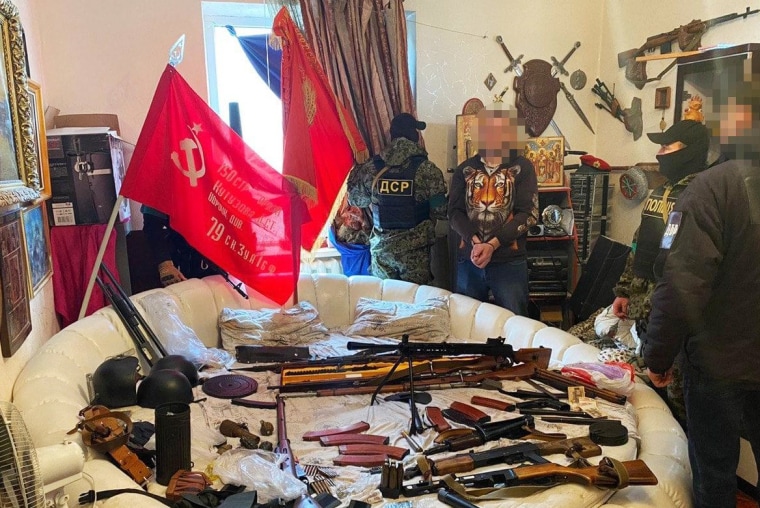
The Russian president put a target on the date when he recalled the May 2, 2014, clash in a speech just days prior to the war. It was “impossible to remember the terrible tragedy in Odesa without shuddering,” he said in the same speech in which he recognized the independence of the two breakaway regions in Ukraine’s southeast, Donetsk and Luhansk.
It’s one of the few cities and dates that Putin mentioned, and the deaths of pro-Russian activists in a fire at the city’s Trade Unions House, which has never been investigated thoroughly, has been used by Kremlin propaganda as ammunition in its argument for invading Ukraine.
Oleg Konstantinov, the editor of Odesa-based media company Dumskaya, covered the riot that day. While working on the Russian side of the clash, Konstantinov recalled how the sky was darkened by stones that the two sides threw at each other and how the police faced off against the pro-European group.
“Russian propaganda still use May 2 all the time, and they try to fan the flames of hate and make it grow bigger and bigger by using the symbol of the fire,” said Konstantinov, who was shot in the leg, hand and back by an unidentified person while covering the riot.
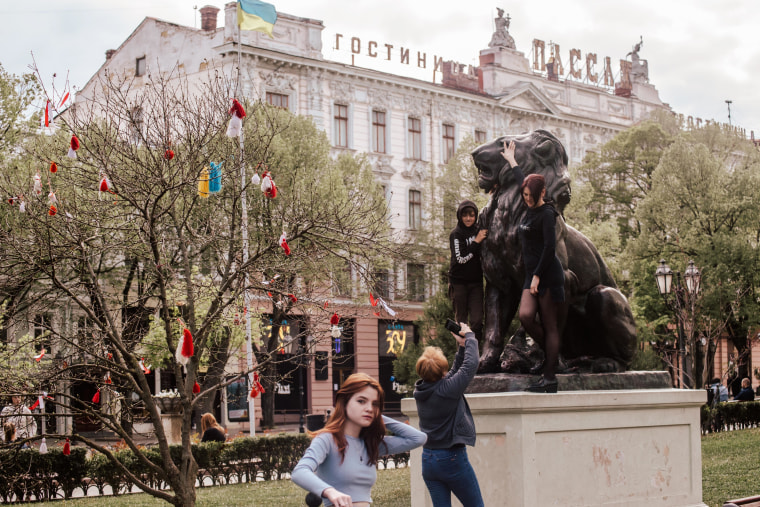
The clashes in Odesa came in the wake of nationwide upheaval as the country contended with whether to tie itself closer to Moscow or the West.
The pro-Western Maidan Revolution drove the country’s Kremlin-backed president, Viktor Yanukovych, out of office. He eventually fled to Russia, which soon annexed Ukraine’s Crimean Peninsula and backed the separatists in the east while fomenting unrest elsewhere in the country.
That included Odesa, where authorities and residents feared a repeat eight years on as Putin seeks to reverse that shift toward the West once and for all. As the world watches the battlefields in Donetsk, Luhansk and the greater Donbas region, many Odesa residents see a cause for relief — and a cautionary tale.
“In Ukraine, in Odesa, on this day,” Konstantinov added, “we remind ourselves what could have happened if things went differently on May 2.”
